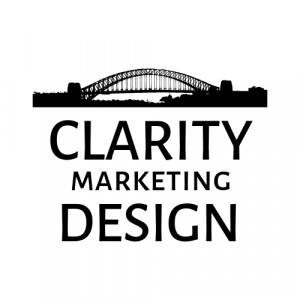It was the advertising boom of the 1960s that paved the way to modern day marketing. Since then, advertising and marketing have been all about the consumer: What do consumers want? How do we appeal to them? Which consumers should we appeal to?
While consumers seem to be fueling most of the advertising and web design company strategies, it is not quite the case in B2B, or business to business, marketing. Here we’ll explain some key differences between B2B and B2C (Business-to-consumer) marketing.
B2B The Focus of Your Digital Marketing Efforts

As a result, marketing to businesses requires focusing on the features of your product or service and using logical arguments, rather than playing on emotions. Businesses need to know that your product holds a real business value.
Businesses do not often take personal emotion into account when making organizational buying decisions. To cater to this, your print materials, including organic SEO should be more in-depth and focus on how your product can help the business be more efficient, save money, etc.
B2C

Since they don’t have to consider purchasing decisions as carefully as businesses, consumers also want marketing messages that are simple and straight to the point. The most effective consumer advertising strategies grab consumers’ attention and use storytelling to play on their emotions.
When digitally marketing to businesses, you are selling your product or service; when marketing to consumers, you are selling an idea or even a lifestyle.
B2B and Relationships with Buyers

The buying process in B2B marketing is multi-step, and the purchasing relationship lasts longer. Business purchase decisions aren’t often a one-time thing.
Because of this one-on-one selling situation, there has to be an established relationship and level of trust between your company and the business you want to sell to, a relationship that can last for a substantial amount of time.
B2C:
In consumer online advertisement, your target market is much more widespread, even when you take into account niche markets, micro-targeting, and market segmentation. In B2C marketing, you are attempting to sell your product to a specific group of people, rather than just to one business. Because of this, the relationship aspect of consumer marketing is very impersonal.
Relationships are very product oriented and are formed through brand identity and emotional connections to these identities.
B2B vs. B2C Digital Marketing Objectives.
In Summary
B2B marketing is about what your product or service can do for a business and the personal relationship you build with that business. Your product should be seen as useful, above all else, and you should be seen as a company that is trustworthy to do business with. B2C, or consumer marketing, is about the benefits your product or service will bring to the lives of consumers and the lifestyle those benefits represent.


